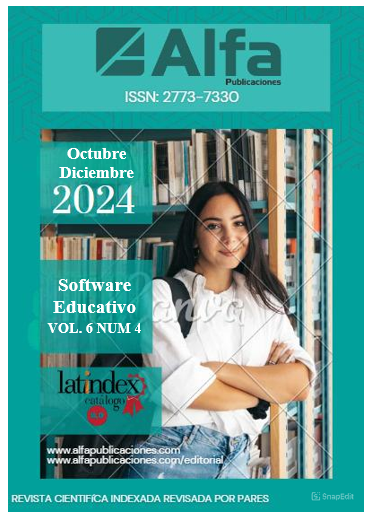Aula Lengua program as a technological tool in adaptive learning to improve academic performance in language and literature in second grade students of basic education
Main Article Content
Abstract
Introduction: this study seeks to analyze the impact of the implementation of "Aula Lengua" on students' academic performance, evaluating its effectiveness as a support tool in the development of fundamental linguistic skills. Objectives: the general objective of the research was to evaluate students' perception of the technological tool "Aula Lengua" and its impact on the learning of Language and Literature. The problem addressed was the need to identify the effectiveness of "Aula Lengua" in improving students' academic performance and motivation. Methodology: a quantitative methodology was used with structured surveys applied to a sample of 120 second grade students. The data collection instrument obtained Cronbach’s alpha of 0.93, indicating high reliability. Results: the main result revealed a significant positive correlation between the ease of use of the tool and the overall satisfaction of students (r = 0.854, p < 0.01). Conclusions: the conclusion is that "Aula Lengua" is effective in improving students' motivation and academic performance. It is recommended to continue adjusting the tool to maximize its positive impact in different educational contexts. General study area: Education. Specific study area: Digital Environment. Type of article: Original.
Downloads
Article Details
dssfdsf
dsfdsf

